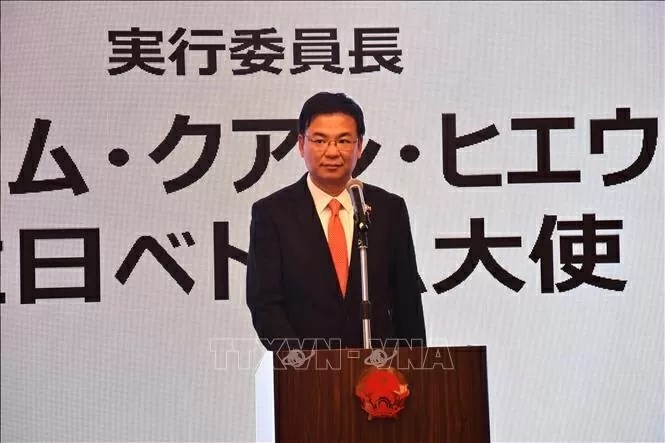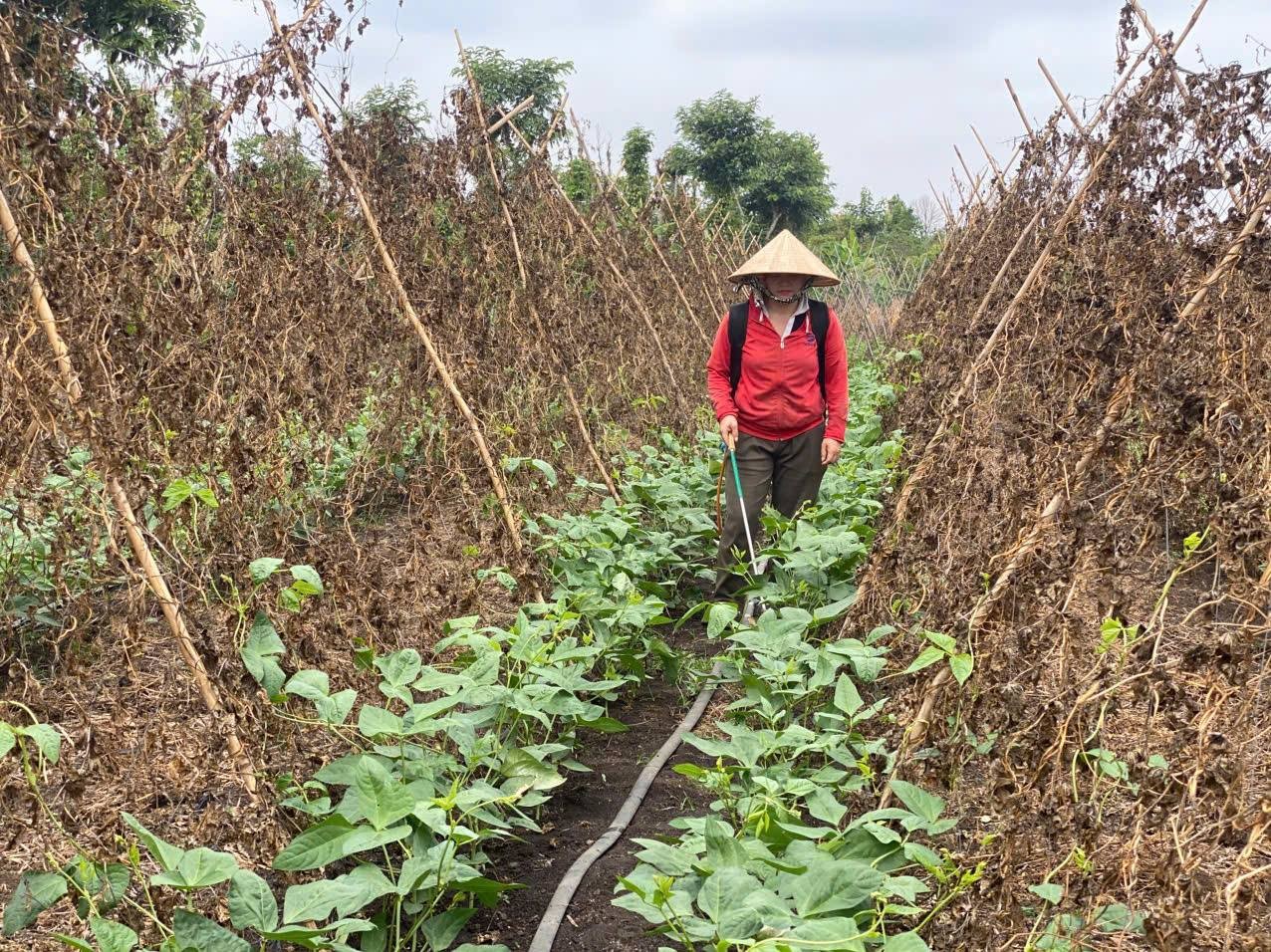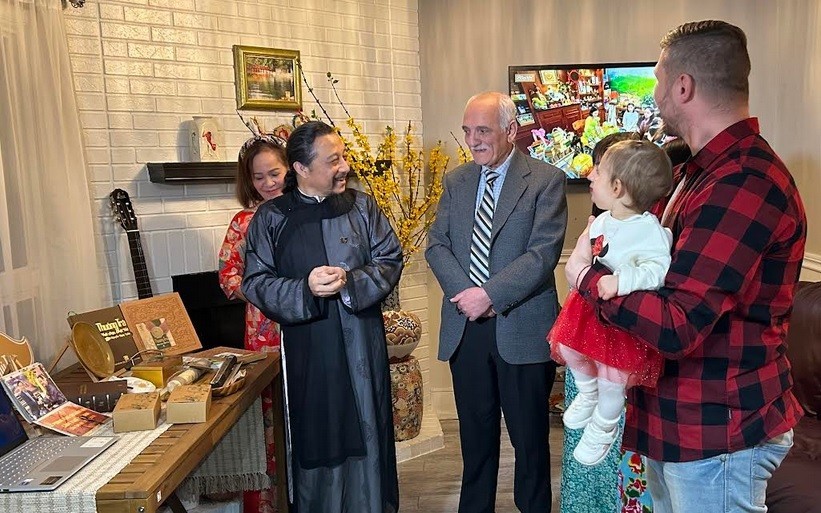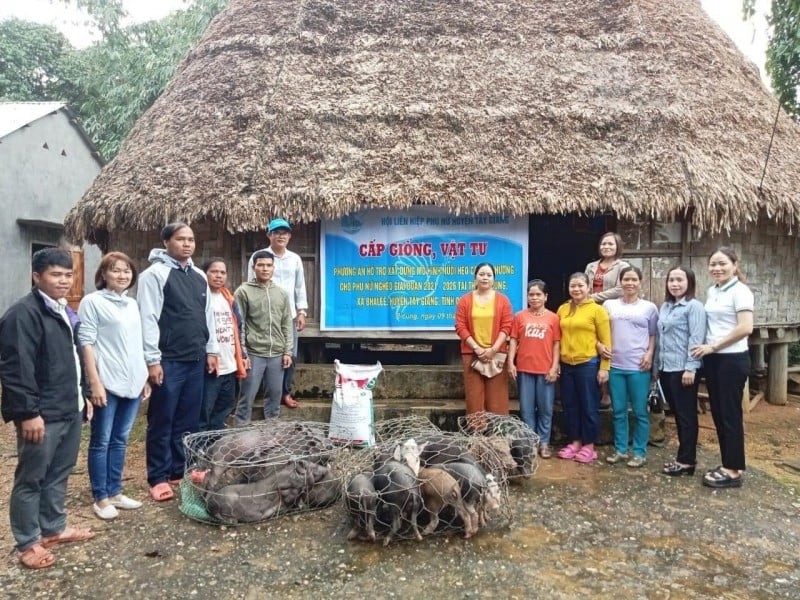CARE Conducts Project to Advance Rural Women's Economic Empowerment
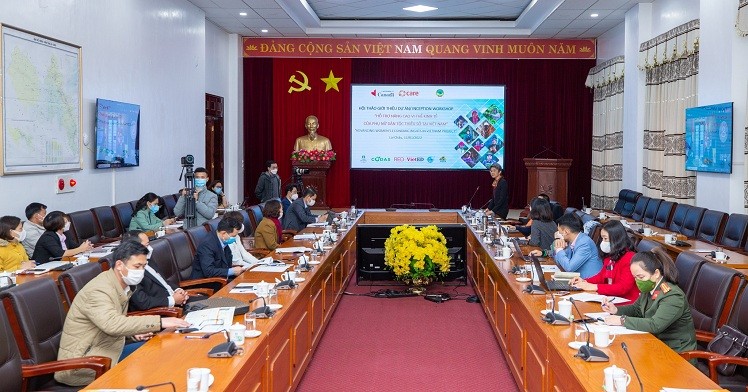 |
| At the ceremony. Photo: Nguyen Ngoc Dung/CARE |
A workshop to introduce project "Advancing Women Economic Empowerment in Vietnam (AWEEV)" took place on Jan.11 with the participation of representatives of the Canadian Embassy, People's Committee, and departments of Lai Chau province, CARE International in Vietnam, project partners, and beneficiaries.
AWEEV is a gender-responsive and integrated project designed to contribute to increased economic wellbeing for ethnic minority women in Vietnam. It is assumed that if increased economic wellbeing and quality of life are achieved, this would also contribute to reducing poverty among ethnic minority women and their households.
The project would target over 2,600 ethnic minority women and men in nine communes of two districts across Ha Giang and Lai Chau province in the 2021-2025 period.
AWEEV has been designed in full alignment with Global Affairs Canada's (GAC) Feminist International Assistance Policy (FIAP). The design is underpinned by a rights-based approach to addressing gender inequalities with some of the poorest and most marginalized women in Vietnam.
In relation to government strategies and plans, AWEEV would directly support the National Target Program on Socioeconomic Development in Mountainous and ethnic minority Areas for 2021-2030 which focuses on assisting livelihoods and improving the living conditions of ethnic minority groups in the 1,400 poorest communes nationwide.
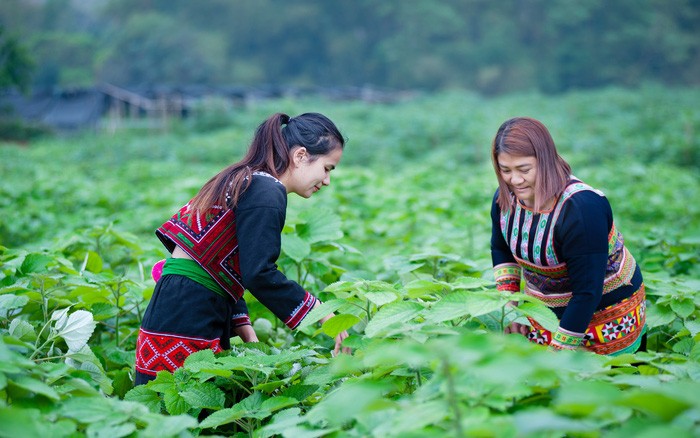 |
| Illustrative image. Source: vwu.vn |
At the workshop, CARE staff has introduced the approach to women's economic empowerment, initial survey results, project overview, project implementation objectives, and structure.
Stakeholder representatives also had an active discussion about women's participation in economic activity as well as the impact of unpaid care and domestic work on women's economic practices.
Most importantly, the beneficiaries directly shared their aspirations and feelings towards the project. This is both motivation and useful information to help the project meet the needs and expectations of the people in the best way.
The project focuses on language and education, access to basic infrastructure, mobility, livelihoods, caregiving burden, household decision-making, financial services, women’s group membership, and gender-based violence.
AWEEV adopts a unique partnership modality including CARE, CSO, and local government partners while also working closely with the private sector. This cross-sector collaboration draws on the competitive advantages of each partner to pursue a shared goal of improving the economic wellbeing of ethnic minority women.
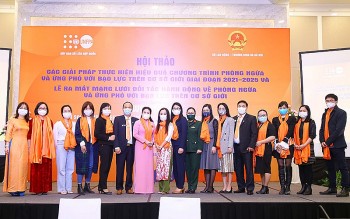 | Responding to Gender-Based Violence - Urgent Action to Protect Human Rights 62.9% of Vietnamese women experienced at least one or more types of violence in their lifetime by their husbands. If we consider the tangible losses ... |
 | Reducing Women's Housework Time, A Remarkable Goal in National Strategy on Gender Equality Aiming to reduce women's average hours of unpaid housework and care work to 1.7 times in 2025 and 1.4 times in 2030 compared to men. ... |
 | Job Opportunities Created for Vietnamese Women During Pandemic The Covid-19 pandemic has disrupted the lives of many laborers, including women whose job and monthly income was significantly reduced. |
Recommended
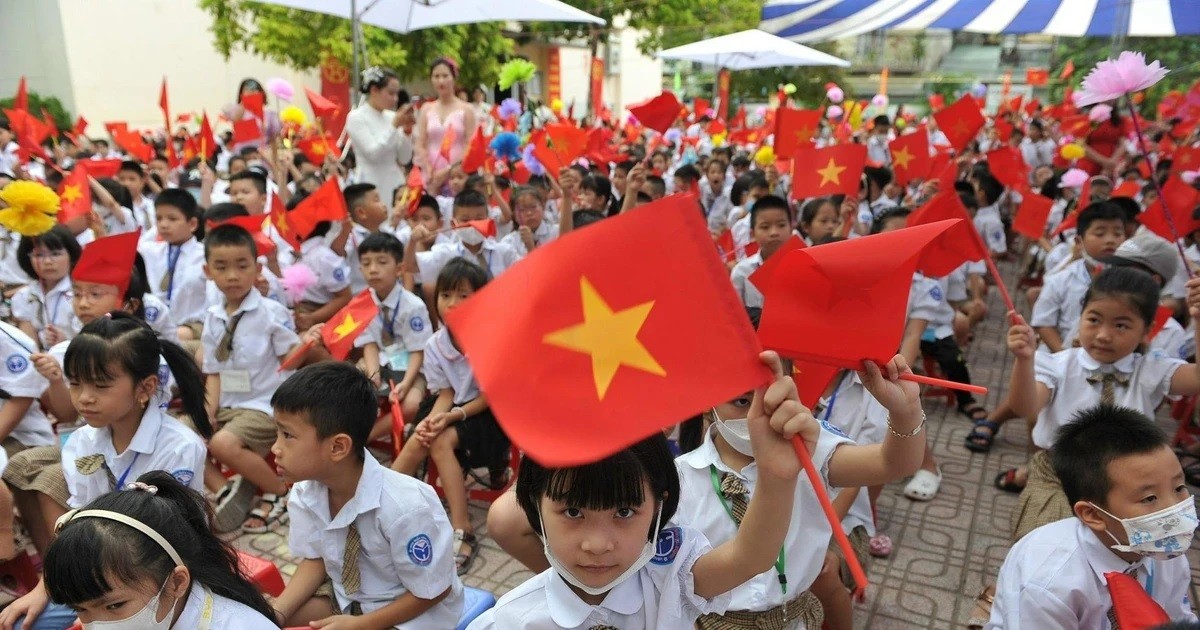 Viet's Home
Viet's Home
Vietnam's Human Development Index Remains High
 Viet's Home
Viet's Home
Vietnam’s Mark on UN Day of Vesak Celebrations
 Viet's Home
Viet's Home
Art Program Spreads Message of Peace Worldwide
 Expats in Vietnam
Expats in Vietnam
Look Forward to New Developments in Vietnam - US Relations
Popular article
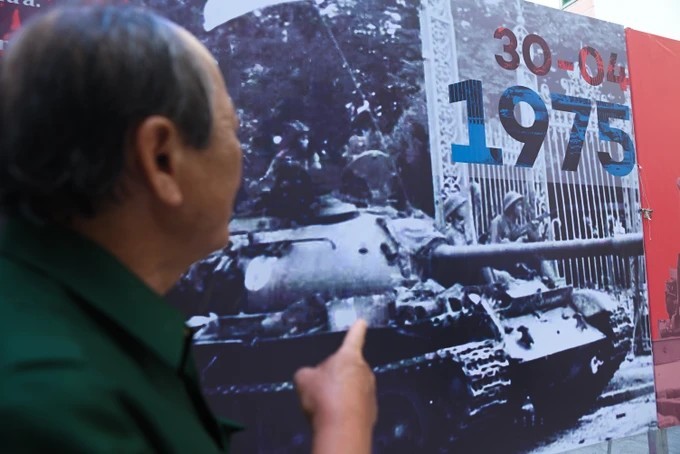 Viet's Home
Viet's Home
Over 200 Valuable Documents Displayed at 'Mountains and Rivers Connected One Strip' Exhibition
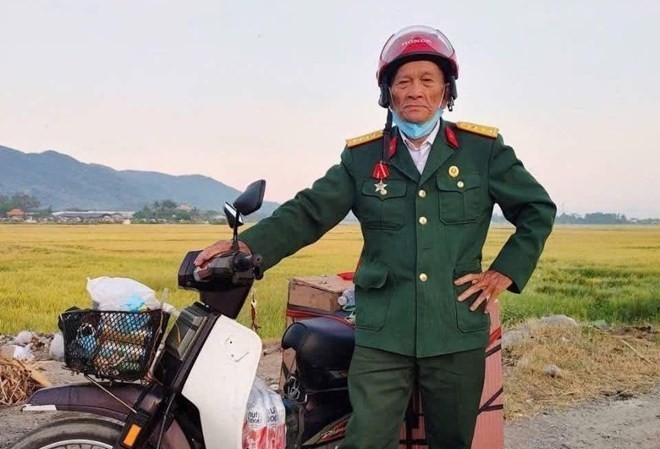 Viet's Home
Viet's Home
Latin American News Agency Prensa Latina Shares Story of Vietnamese Veteran’s 1,200km Journey Back to Former Battlefield
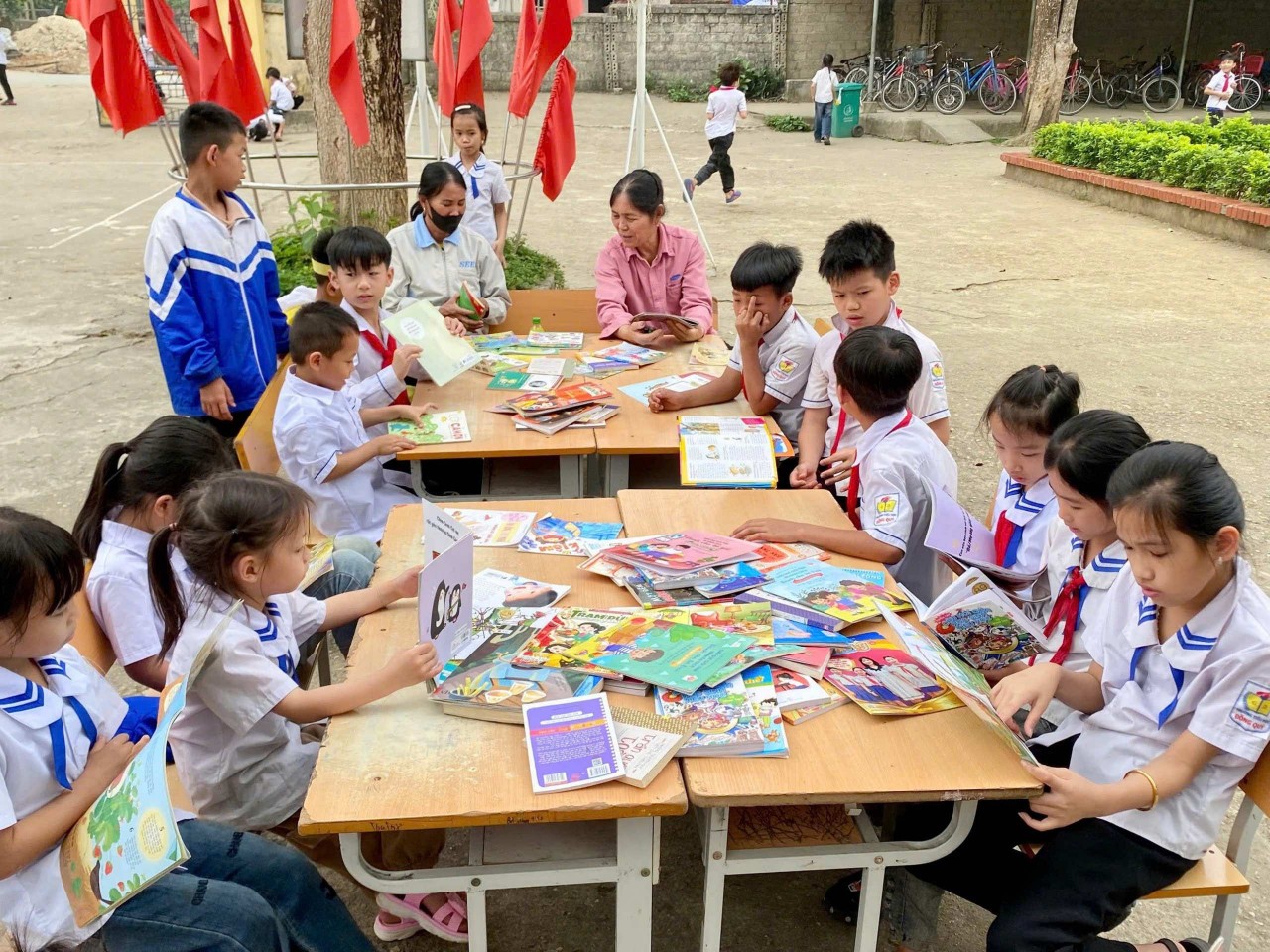 Viet's Home
Viet's Home
GNI Contributes to Spreading the Joy of Reading to Students
 Viet's Home
Viet's Home




